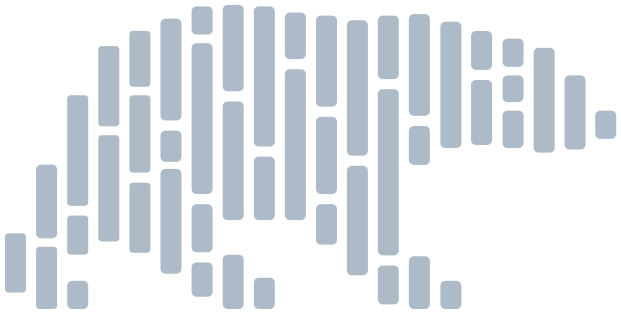polars.from_dicts#
- polars.from_dicts(
- data: Iterable[Mapping[str, Any]],
- schema: SchemaDefinition | None = None,
- *,
- schema_overrides: SchemaDict | None = None,
- strict: bool = True,
- infer_schema_length: int | None = 100,
Construct a DataFrame from a sequence of dictionaries. This operation clones data.
- Parameters:
- data
Sequence with dictionaries mapping column name to value
- schemaSequence of str, (str,DataType) pairs, or a {str:DataType,} dict
The DataFrame schema may be declared in several ways:
As a dict of {name:type} pairs; if type is None, it will be auto-inferred.
As a list of column names; in this case types are automatically inferred.
As a list of (name,type) pairs; this is equivalent to the dictionary form.
If a list of column names is supplied that does NOT match the names in the underlying data, the names given here will overwrite the actual fields in the order that they appear - however, in this case it is typically clearer to rename after loading the frame.
If you want to drop some of the fields found in the input dictionaries, a partial schema can be declared, in which case omitted fields will not be loaded. Similarly, you can extend the loaded frame with empty columns by adding them to the schema.
- schema_overridesdict, default None
Support override of inferred types for one or more columns.
- strictbool, default True
Throw an error if any
datavalue does not exactly match the given or inferred data type for that column. If set toFalse, values that do not match the data type are cast to that data type or, if casting is not possible, set to null instead.- infer_schema_length
The maximum number of rows to scan for schema inference. If set to
None, the full data may be scanned (this is slow).
- Returns:
- DataFrame
Examples
>>> data = [{"a": 1, "b": 4}, {"a": 2, "b": 5}, {"a": 3, "b": 6}] >>> df = pl.from_dicts(data) >>> df shape: (3, 2) ┌─────┬─────┐ │ a ┆ b │ │ --- ┆ --- │ │ i64 ┆ i64 │ ╞═════╪═════╡ │ 1 ┆ 4 │ │ 2 ┆ 5 │ │ 3 ┆ 6 │ └─────┴─────┘
Declaring a partial
schemawill drop the omitted columns.>>> df = pl.from_dicts(data, schema={"a": pl.Int32}) >>> df shape: (3, 1) ┌─────┐ │ a │ │ --- │ │ i32 │ ╞═════╡ │ 1 │ │ 2 │ │ 3 │ └─────┘
Can also use the
schemaparam to extend the loaded columns with one or more additional (empty) columns that are not present in the input dicts:>>> pl.from_dicts( ... data, ... schema=["a", "b", "c", "d"], ... schema_overrides={"c": pl.Float64, "d": pl.String}, ... ) shape: (3, 4) ┌─────┬─────┬──────┬──────┐ │ a ┆ b ┆ c ┆ d │ │ --- ┆ --- ┆ --- ┆ --- │ │ i64 ┆ i64 ┆ f64 ┆ str │ ╞═════╪═════╪══════╪══════╡ │ 1 ┆ 4 ┆ null ┆ null │ │ 2 ┆ 5 ┆ null ┆ null │ │ 3 ┆ 6 ┆ null ┆ null │ └─────┴─────┴──────┴──────┘

